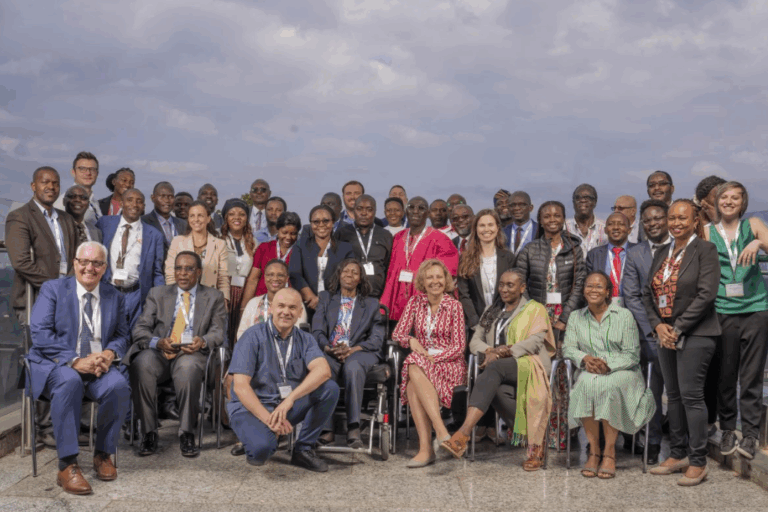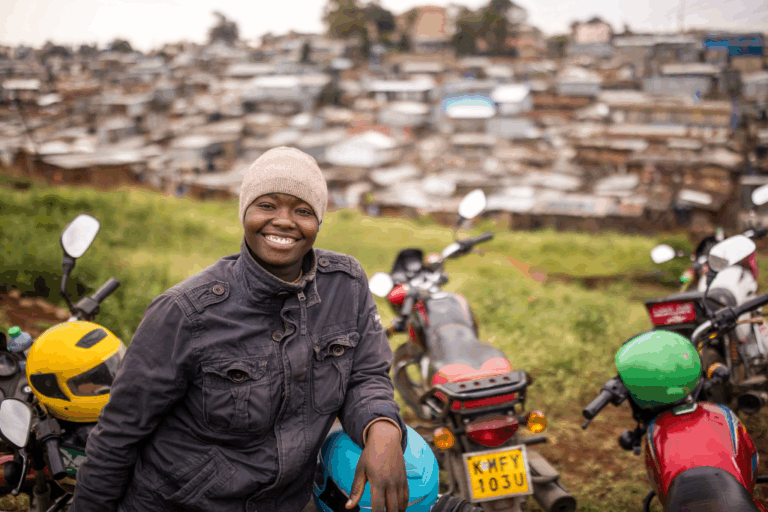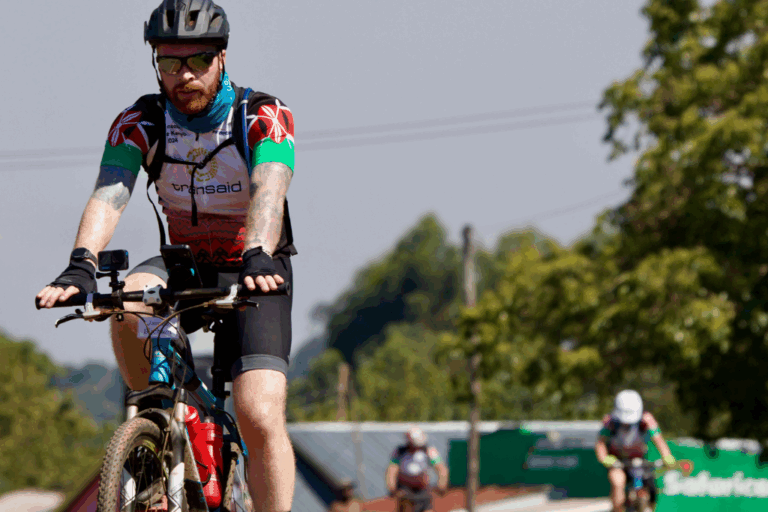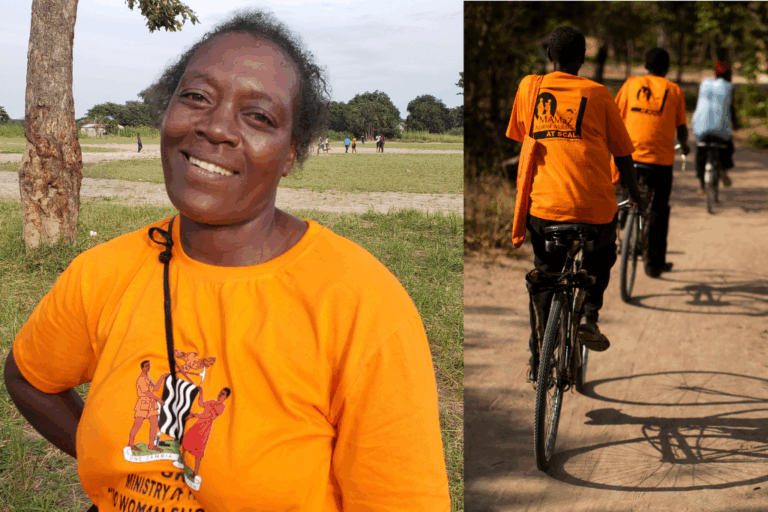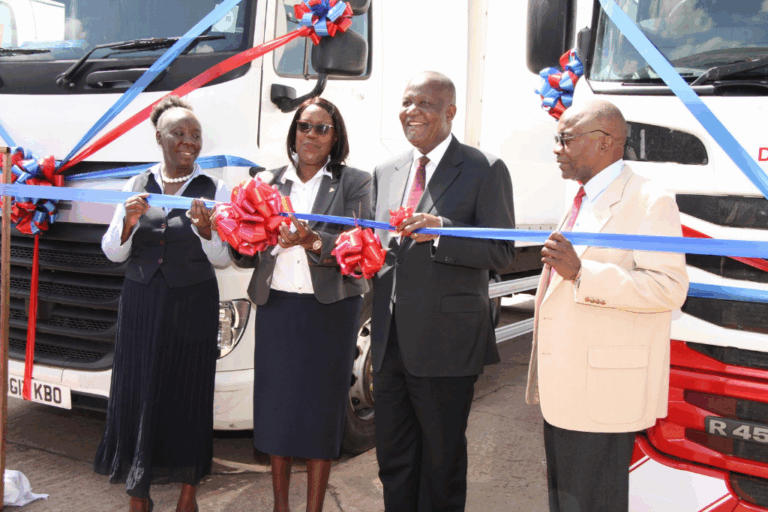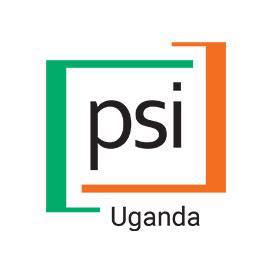
News

Transaid delivers essential motorcycle training to secondary school education officers in Sierra Leone
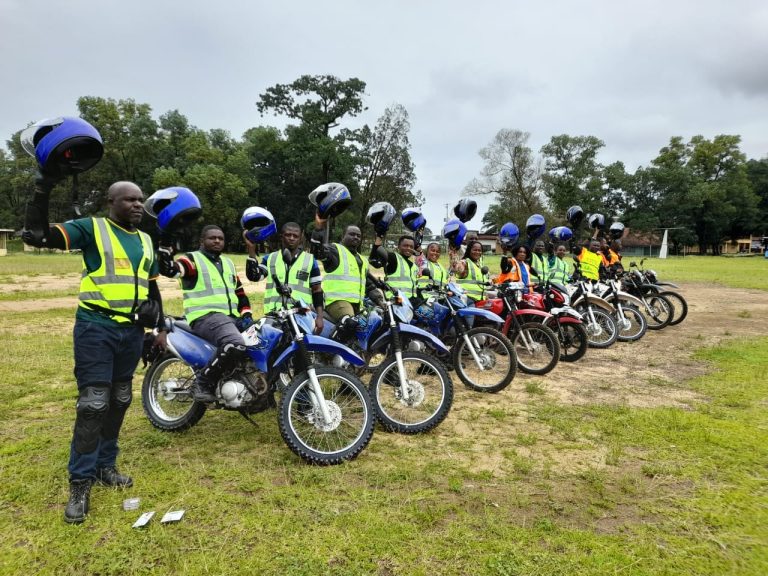
Transaid has recently delivered essential motorcycle safe riding training, designed to reduce the risk of road traffic accidents, to a group of 14 secondary school education officers in Sierra Leone.
This forms part of the second phase of the UK aid-funded Sierra Leone Secondary Education Improvement Project (SSEIP), locally known as Leh Wi Lan. The programme is led by global consultancy firm, Cambridge Education of the Mott MacDonald group, who appointed Transaid to carry out the training. This follows earlier inputs by Transaid to the initial phase of the programme, which saw Transaid train hundreds of school support and district officers, as well as school quality assurance officers in 2018, 2019, and 2021.
Cambridge Education and partners are delivering the Leh Wi Lan (Let us Learn) initiative, which aims to strengthen government systems to deliver improved education in secondary schools across the country, with a particular focus on adolescent girls and young people with disabilities.
Motorcycles are a vital mode of transport for the officers to reach the various rural schools that they are supporting. As a result, it is essential that they are trained to ride safely and confidently whilst adhering to rules and regulations. Transaid’s input was to build skills in the safe use of motorcycles for the field officers, enabling them to reach schools safely and help achieve the wider programme’s goal of improving secondary education in Sierra Leone.
Transaid partnered with the Industrial Training Centre (ITC) in Lusaka, Zambia in the delivery of this training. Transaid has partnered with the ITC to deliver professional driver training to internationally recognised standards since 2008.
Transaid’s training model strengthens systems and training capacity by sharing knowledge with partners in Africa, and we are proud to have seen this training carried out in partnership with ITC.
Each officer was assessed at the beginning of the training in order to ensure a tailored approach for both the theory and practical components. They were also assessed at the end of the course, to measure their progress. By the end of the training successful officers scored an average of 83 percent for both their bike manoeuvring skills and their on-road riding ability. Their theory knowledge increased from an average of 31 percent when assessed pre-training to 75 percent post-training.
Transaid also provided training to four more experienced motorcycle riders, who were taught how to transfer the skills they have learned, enabling them to coach other riders who need further support to ride motorcycles safely in the future. They will be able to provide additional coaching to a couple of officers who need a little more support to build their skills to reach the necessary standard.
ITC’s Training Manager, Albert Banda, who conducted the rider and trainer training said:
“The training was very successful. Every individual that participated in the training returned with a higher level of skill, ability, confidence and knowledge about motorcycles, and the four most experienced riders are now capable of training and managing trainees at any level of competence.
“Cambridge Education coordinators provided maximum support throughout the input, and all of the trainees participated very well. This made the training sessions the best in the history of training engagements between Transaid and Cambridge Education.”
Road crashes kill 1.35 million people every year. Transaid works with local and international partners to improve road safety across the transport and logistics sector in sub-Saharan Africa, delivering professional driver training courses on behalf of governments, NGOs, and other partners.
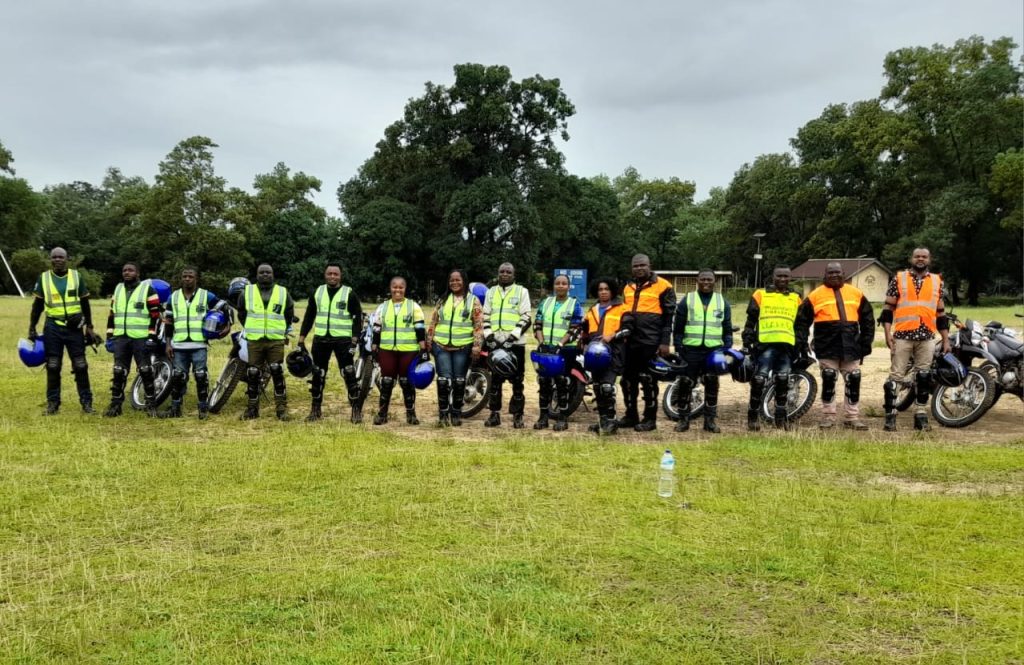
Recent Posts

